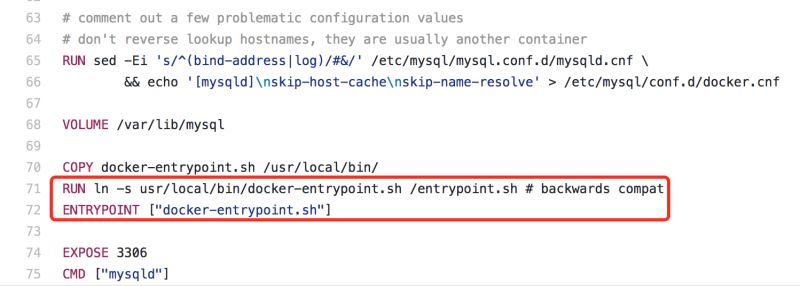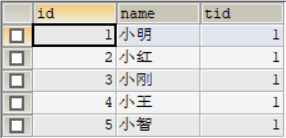解析关于SQL语句Count的一点细节
count语句支持*、列名、常量、变量,并且可以用distinct关键字修饰, 并且count(列名)不会累计null的记录。下面随便用一些例子示范一下count的规则:比如对如下表做统计,所有列这里都用sql_variant类型来表示。

复制代码 代码如下:
if (object_id ('t_test' )> 0 )
drop table t_test
go
create table t_test (a sql_variant , b sql_variant , c sql_variant )
insert into t_test select 1 , 1 , 'a'
insert into t_test select 1 , getdate (), null
insert into t_test select 'a' , null , 1
insert into t_test select 3 , null , null
insert into t_test select null , null , null
go
select * from t_test
go
select
count (* ) --总数
, count (nullif (1 , 1 )) --永远返回0
, count (a ) --a数量
, count (b) --b数量
, count (distinct a ) --a不重复数量
, count (isnull (b, c )) --b或者c不为null数量
, count (Coalesce (a , b, c )) --a或者b或者c不为null数量
, count (nullif (a , b)) --a不等于b的数量
, count (nullif (isnumeric (cast (a as varchar (38 ))), 0 ))--a是数字的数量
from t_test

复制代码 代码如下:
if (object_id ('t_test' )> 0 )
drop table t_test
go
create table t_test (a sql_variant , b sql_variant , c sql_variant )
insert into t_test select 1 , 1 , 'a'
insert into t_test select 1 , getdate (), null
insert into t_test select 'a' , null , 1
insert into t_test select 3 , null , null
insert into t_test select null , null , null
go
select * from t_test
go
select
count (* ) --总数
, count (nullif (1 , 1 )) --永远返回0
, count (a ) --a数量
, count (b) --b数量
, count (distinct a ) --a不重复数量
, count (isnull (b, c )) --b或者c不为null数量
, count (Coalesce (a , b, c )) --a或者b或者c不为null数量
, count (nullif (a , b)) --a不等于b的数量
, count (nullif (isnumeric (cast (a as varchar (38 ))), 0 ))--a是数字的数量
from t_test
版权声明
本文仅代表作者观点,不代表本站立场。
本文系作者授权发表,未经许可,不得转载。
本文地址:/shujuku/MsSQL/98760.html













